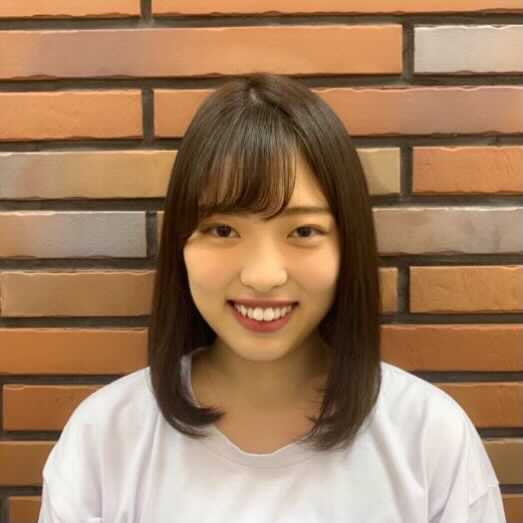【モチベが上がる!】名作洋画から学ぶ、感動の英語フレーズ
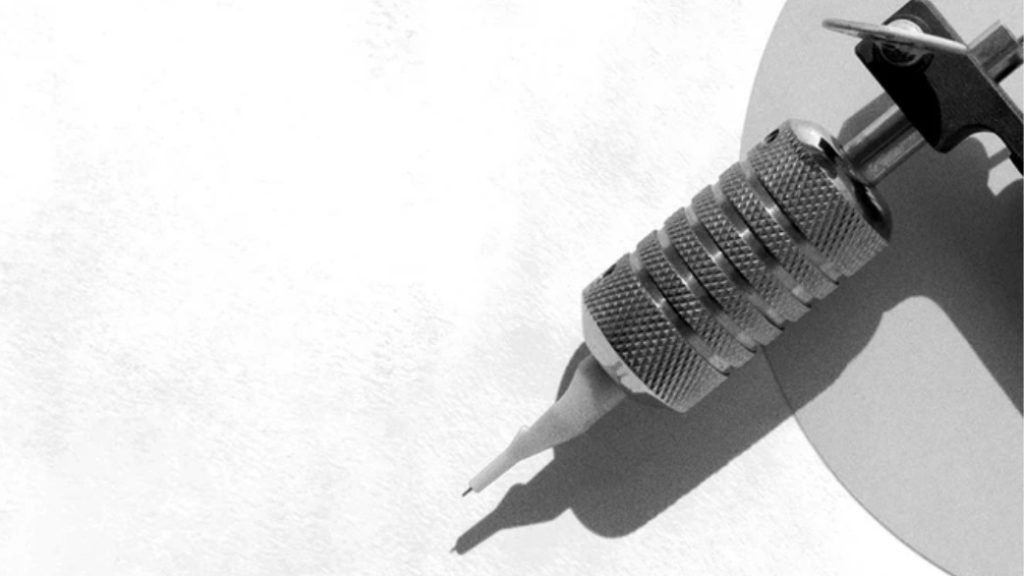
【えいごで読む物語】タトゥーとともに日本で生活すること- Living in Japan with Tattoos(英文)
- 編集スタッフ:Miyu

- メイト:Sam

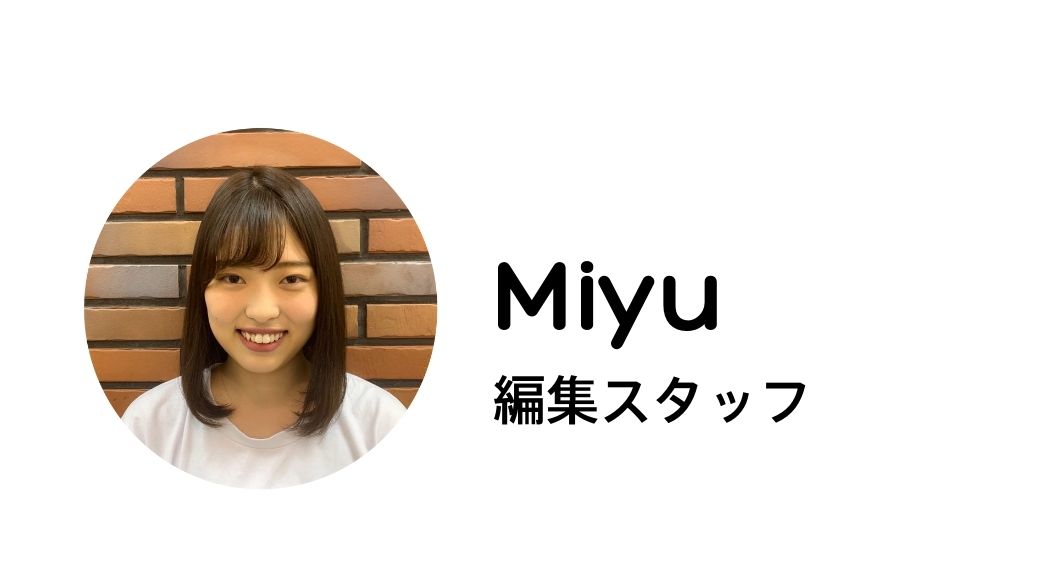
「英語をスムーズに読めるようになりたい!」
「ボキャブラリーをもっと増やしたい。」
「ネイティブな表現をもっと知りたい!」
このような悩み、英会話をしているみなさんが感じたことあるのではないでしょうか。
この『えいごで読む物語』シリーズでは、ランカル英会話に所属するメイトの日常や思い出をえいごでお届けします。
英文を読むという習慣は、ボキャブラリーやネイティブな表現UPで英会話に役に立つので、ぜひ挑戦してみてくださいね。
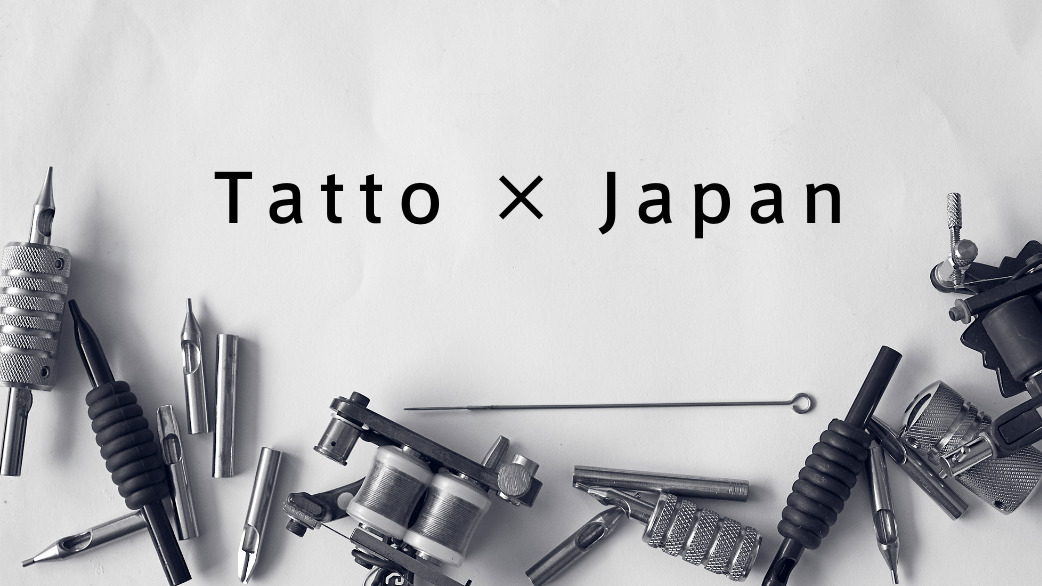
今回お届けするテーマは「タトゥー」。
日本では賛否両論分かれるテーマですが、国によってはタトゥーもひとつのアイデンティティだったり、ファッションであると考えられていますよね。
世界各国のメイトはタトゥーに対してどのような感覚、想いを持っているのか、日本での生活で困ったことなどを聞いてみました。
初心者の方は「エクステンシブ・リーディング(多読)」の読み物として、こちらのシリーズを読んでみることをオススメします。
この練習法ではわからない単語があっても、飛ばしてとにかく最後まで読み進めていくため、読む力がついたり、自然な文章の組み立てもできるようになります!
詳しくは下にまとめてみたのでチェックしてみてくださいね。
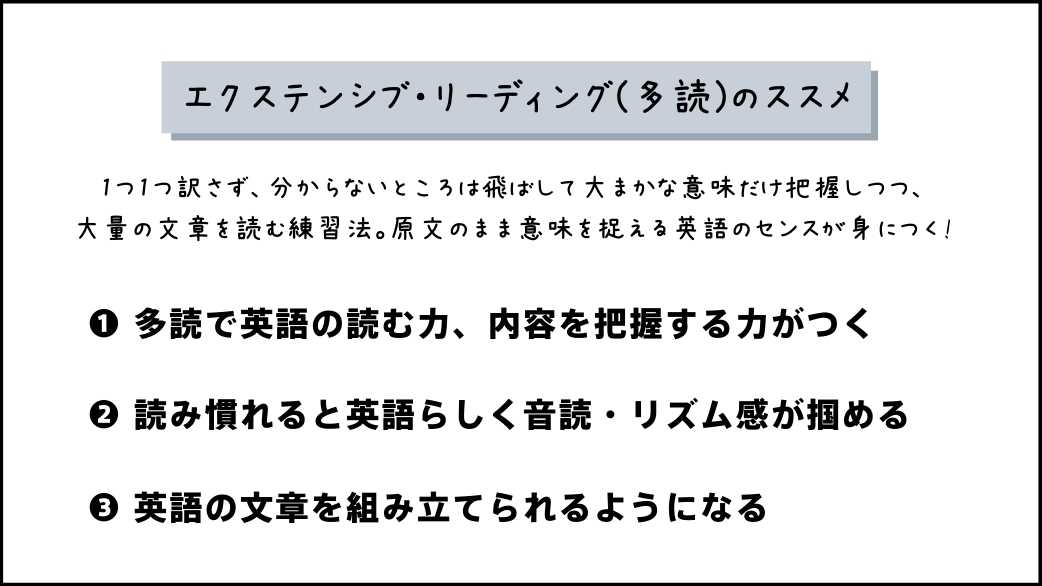
また押さえたい英単語や表現については、記事内で随時まとめていたり、最後にリーディングスキルを養う上で役立つ学習動画をご紹介しています。
まずは大まかな意味を把握しつつ、最後まで一度読むことを目標にチャレンジしてみましょう!
Living in Japan with Tattoos

Saturday, April 3rd was a very happy day for me because I got a new tattoo. In the week leading up to my appointment, many of my sessions at LanCul turned to the topic of tattoos. I found it very interesting to hear the range of opinions on tattoos from Japanese people, and it made me think about how complex and nuanced of a topic that tattoos are in Japan.
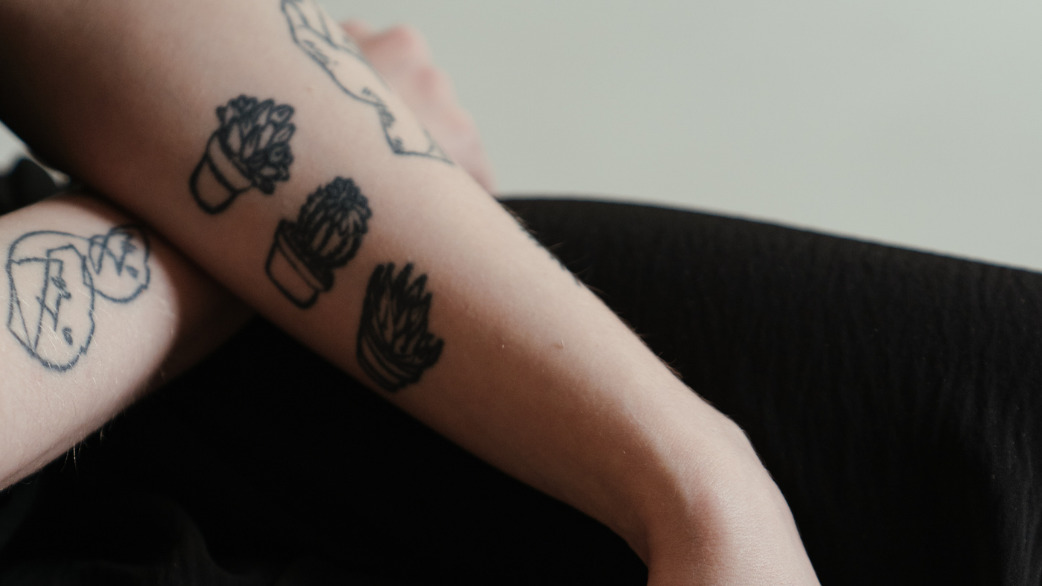
Of course almost without fail, the first thing that is brought up is always the fact that if you have a tattoo, you cannot go to Onsen. Another common response that I hear especially from younger Japanese people is that they think that tattoos are cool, and they want one, but their parents wouldn’t approve.
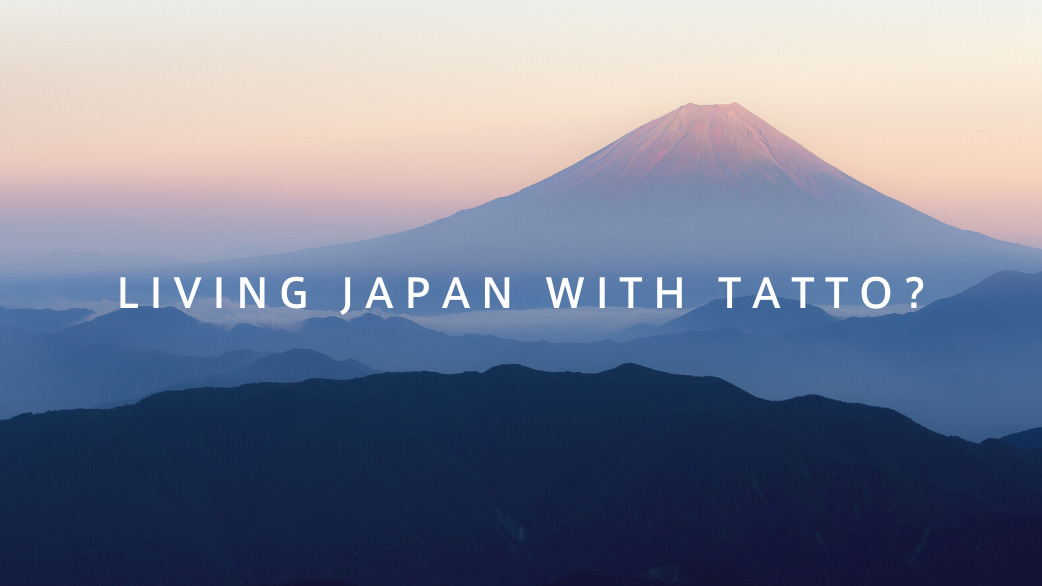
In my situation, all of my tattoos can be covered by a T-shirt and jeans, so I have personally had very few problems related to my tattoos, but I know that this experience is different for those with visible tattoos.
Many of my close friends (Japanese and non-Japanese) are tattooed, and also many of our mates at LanCul are as well. So I thought I would take this opportunity to ask about the experiences of living in Japan with tattoos from many different perspectives.

Meya from Poland

Meya is one of our mates coming from Poland, she has seven tattoos, several of which she got while living here in Japan. When I asked her about her overall impressions of living in Japan with tattoos, she responded with the following:

“In my experience it was mostly ok outside but difficult in work (not LanCul of course) at the kindergarten I worked for two years ago they asked me to cover them. I’ve never been to onsen but heard it’s pretty difficult to find one that allows tattoos.”
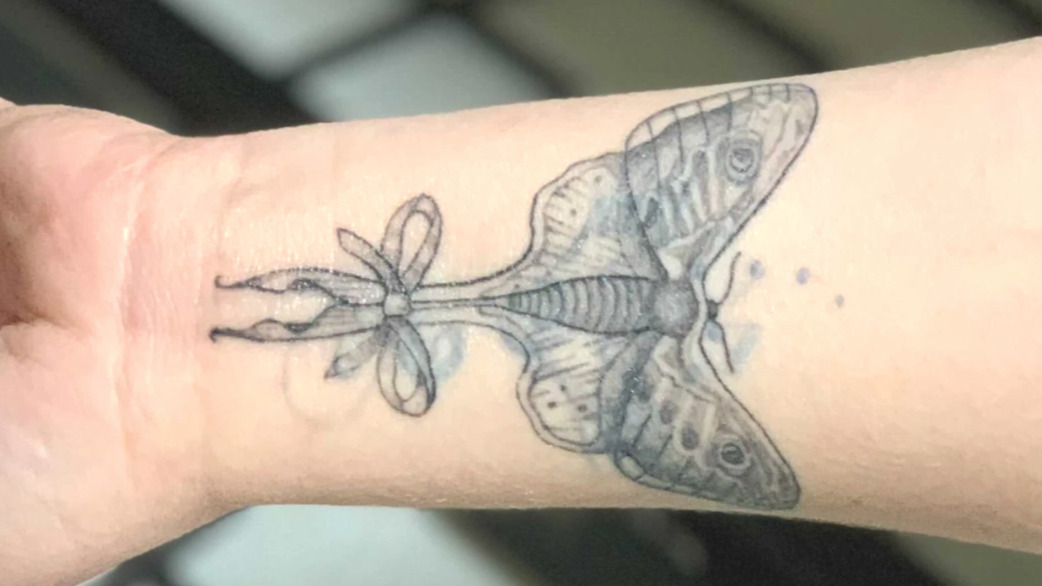

“I get many looks when I go out in a t-shirt and mostly questions about the pain.
But I was interestingly surprised how the knowledge about tattoos is sometimes outdated – I got some questions about how they did it, was it with a stick and poke? When I showed them tattoo guns some people were surprised.
Also many told me that I can never have MRI because of metals in tattoos (I told them I already had MRI and everything is ok)”
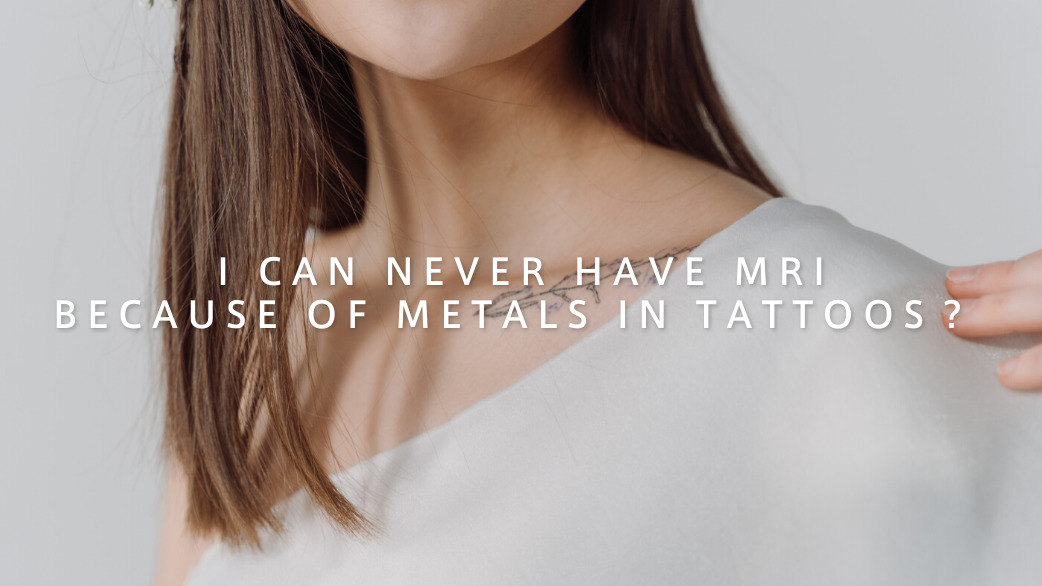

“Also many people told me they would love to have a tattoo but because of the culture they decided not to. Many people say my tattoos are ‘so pretty’ and it’s ok because I’m a foreigner, which is honestly sad – I wish everybody in Japan could have them without being judged.”


“So honestly I never had outright negative experiences – some rude comments but they mostly came out of lack of knowledge. I also got asked if it’s ok to be a GIRL with tattoos in my country like they thought for guys it’s ok but girls shouldn’t have them which was unpleasant.”
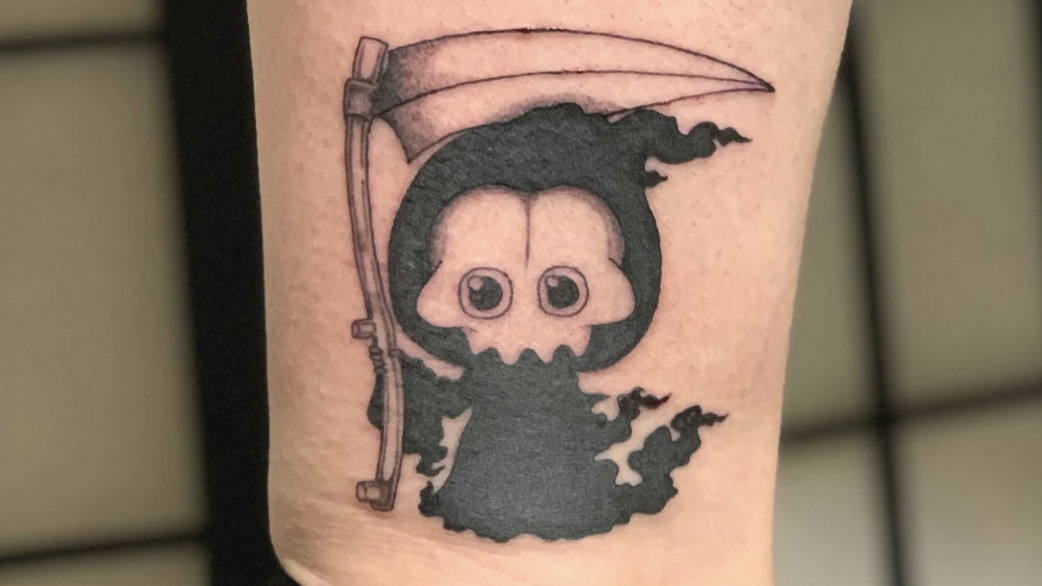

“Mostly my experiences are: lots of questions about pain, technicalities, and health issues. Comments how my mom gave me my body so I shouldn’t change it, comments on how pretty they are. I had to cover them in the kindergarten that I worked at(and be very careful about it,) but never felt discriminated against because of them so far.”
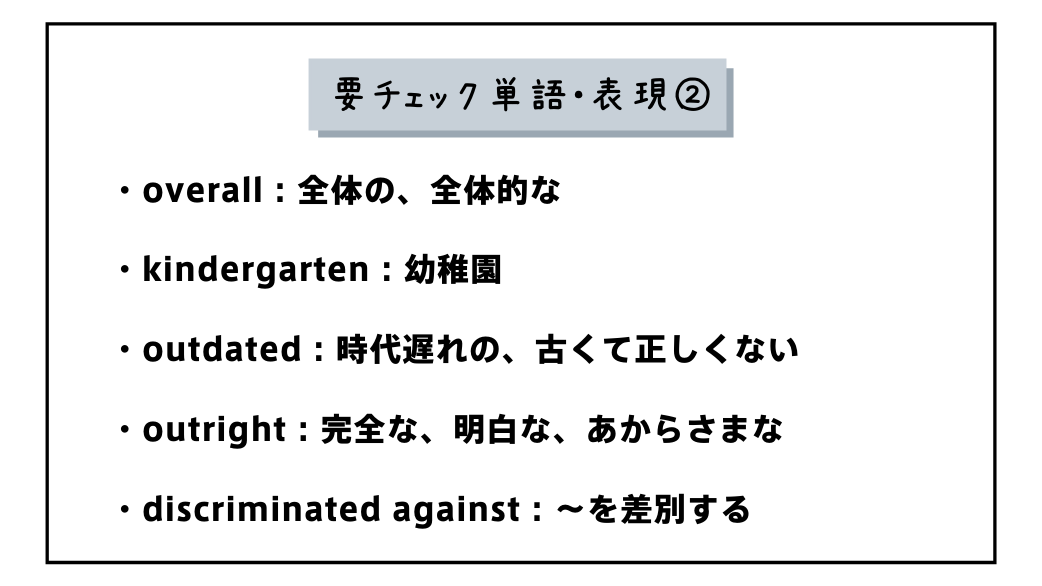
Minako from Japan

Minako is a close friend of mine. She has spent time studying abroad in the United States, and has visible tattoos. I wanted to ask about her experience being Japanese with visible tattoos living in Japan. When asked about the good points, she said,

“I am able to feel more like myself.” Also adding that “There are people who will compliment my tattoos. Even strangers will go out of their way to talk to me and things like that”


As for the bad points, very similar to many people that I have talked to, Minako was quick to bring up that

“There are few places where I can enter a pool or onsen.” Then on a more personal note she added, “My family complains about them, especially the more conservative people like my grandparents.”


“Whether it’s good or bad, the people with these prejudices tend to keep some distance from me, so for me it is easy to live with tattoos. Of course it is sad that I can’t easily go to an onsen, the current situation where tattoos are not allowed is sad. However I also feel like you should be prepared for it if you have a tattoo (in Japan), because that’s how it is.”

Anda from Mongolia

Anda is from Mongolia, and has visited Japan a few times, and moved here roughly over a year ago. She was happy to write the following about her experience of having visible tattoos in Japan:

“I had my first tattoo when I was 18. In Mongolian society tattoo is not really a taboo. People don’t really care about them, but in Japan, it’s a different story. ”


“Now I can say that it is getting so much better and acceptable but I still can not go to onsen freely. On rare occasions, special onsen are open to accept “tattooed customers”. And in some you can just put a sticker and go on with it. But it means that I have to cover lots of parts of my body and that’s a problem for people who have big or many tattoos. ”
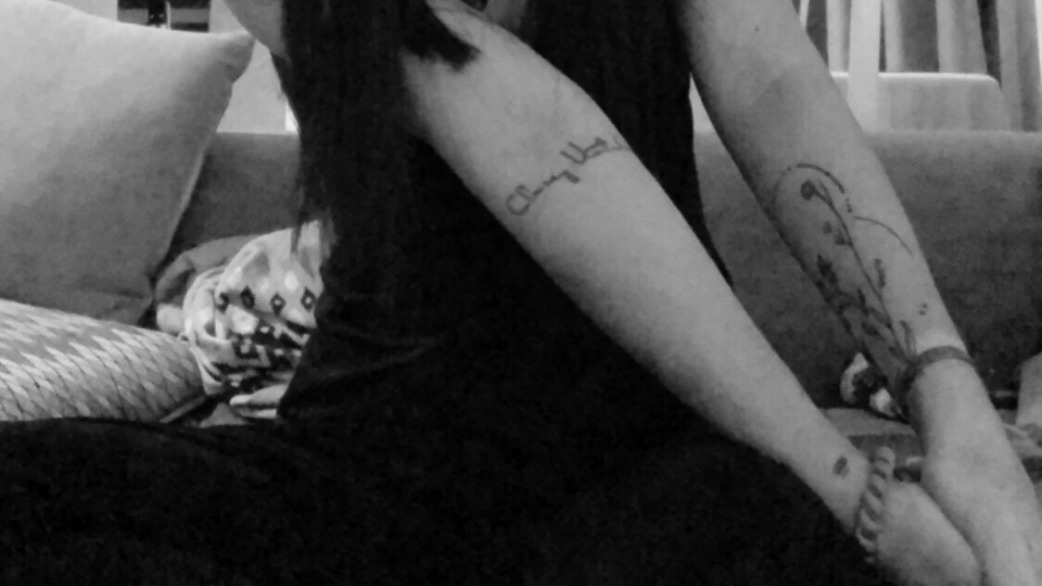

“4 years ago, when I was just visiting Japan, I had this situation on the train, where an old couple noticed my tattoo so they decided to change their position a little bit further away from me. I honestly don’t mind, I can understand where they are coming from, and I understand the culture and I decided to come here, so no hard feelings.”


“I think for me it’s a little bit different than other foreigners with tattoos in Japan. With being Asian, people take me as a Japanese person, and Japanese girls having lots of tattoos is a whole new perspective for most people here. But that’s another topic on gender equality and body positivity. ”
“So far I have 9 tattoos. I never regretted any of them. The most recent one, I had it done in japan, can not be more happy with what I have now. I’ll have more in future, with every new stage, change, place, experience. ”
Fumiya (Tattoo Artist)

Fumiya is a tattoo artist and a personal friend of mine, being one of the first friends that I made after moving to Japan. He has done all of my tattoos and has also tattooed Meya and Anda.
When I was getting my new tattoo, we had 3 hours to talk while he was tattooing me. We talked a lot about tattoos in Japan, and the culture associated with it. I told him about this article that I am writing, and was able to record a bit of our conversation about his experience as a tattoo artist in Japan.
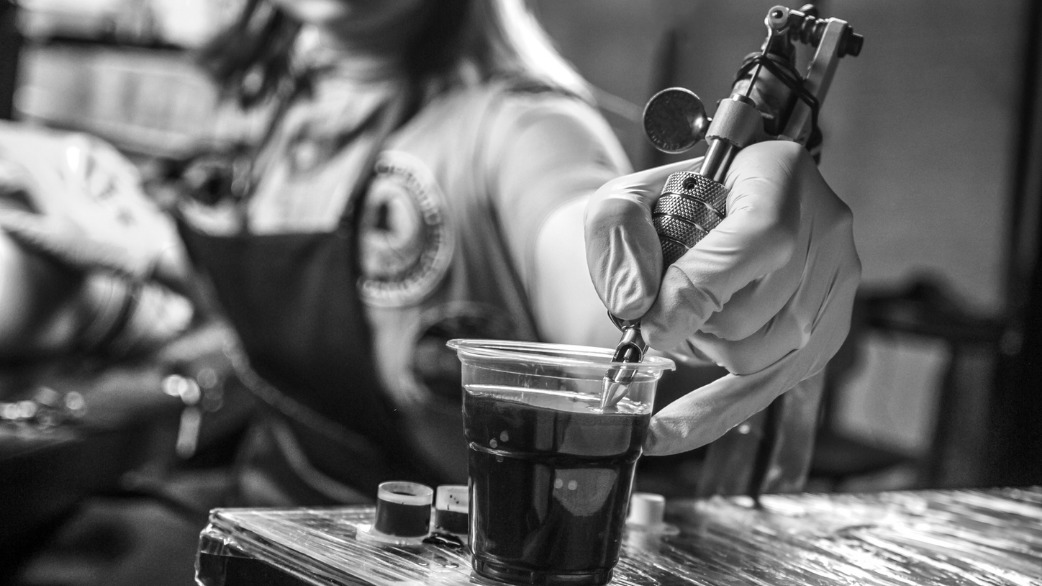

During one of the breaks that we took during my tattoo session on that day, I noticed that his hand was cramping and that sometimes he had to be in really uncomfortable positions while tattooing. When I asked him about it he said,

“Even if my body hurts, the customer decides to get a meaningful tattoo and has come to my studio. Also, getting a tattoo, the customer is in more pain than me, but when I finish the tattoo and see their happiness then I feel happy too. A tattoo is there for the rest of your life, so it is best if the customer is happy with the result.”


For a lot of people, tattoos often have a very deep and personal meaning.
For example, the one that I got from Fumiya on that day was for my father who passed away a little over six years ago. It was a design that my father asked me to draw for him when I was in high school.
I regret that I never actually drew it while he was alive, so I wanted to get this tattoo to remember my father. This is one of the most interesting parts of the job for Fumiya, that he is able to help people with designs that sometimes have a really personal meaning.


One of the other interesting points that we talked about when discussing Japanese traditional tattoos is that the history of Japanese tattooing is longer than the history of the gangs that it is often associated with. It is his wish, and the wish of many others that people could separate the two and appreciate the beauty and artistry of this part of Japanese culture.


Fumiya has an in-progress traditional Japanese tattoo sleeve on his right arm. When I asked him about how it is being in Japan with that style of tattoo, he said,

“In the summer, on the train or in public places, I make sure to not let people see this Japanese Traditional part. So it can be a bit of a pain.
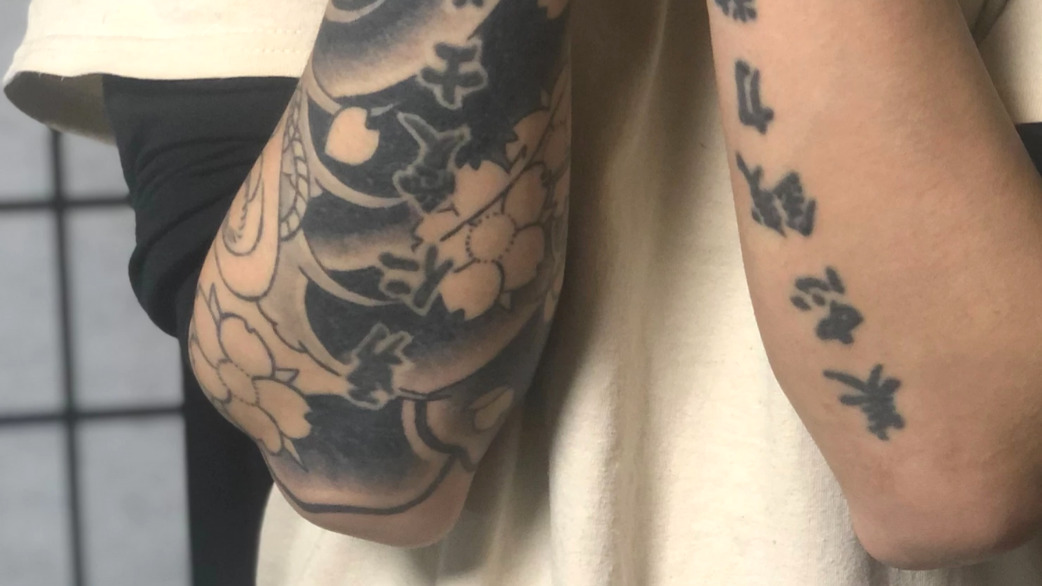

We also discussed how many people still do not separate the image of Japanese traditional tattoos, and ‘fashion’ tattoos. This view of tattoos changes with the younger generation which is able to more easily separate the two.

“I have a lot of ‘tattoos’ on my legs, and I’m fine with people seeing them, but there was this one interesting example where I was riding the train, and sitting down. I forget which station it was, but an older lady got on the train, and I was going to let her have my seat, but she noticed my tattoos and looked really scared and refused to take my seat. It made me a little sad to wonder what kindness means.”


Fumiya told me that roughly 70 percent of his customers are foreigners, so speaking English is very important for his business. While he and I mostly speak in Japanese together, his English is very good and he said that it is a very important tool for a tattoo artist to have. His dream is to go to America or Europe as a tattoo artist.
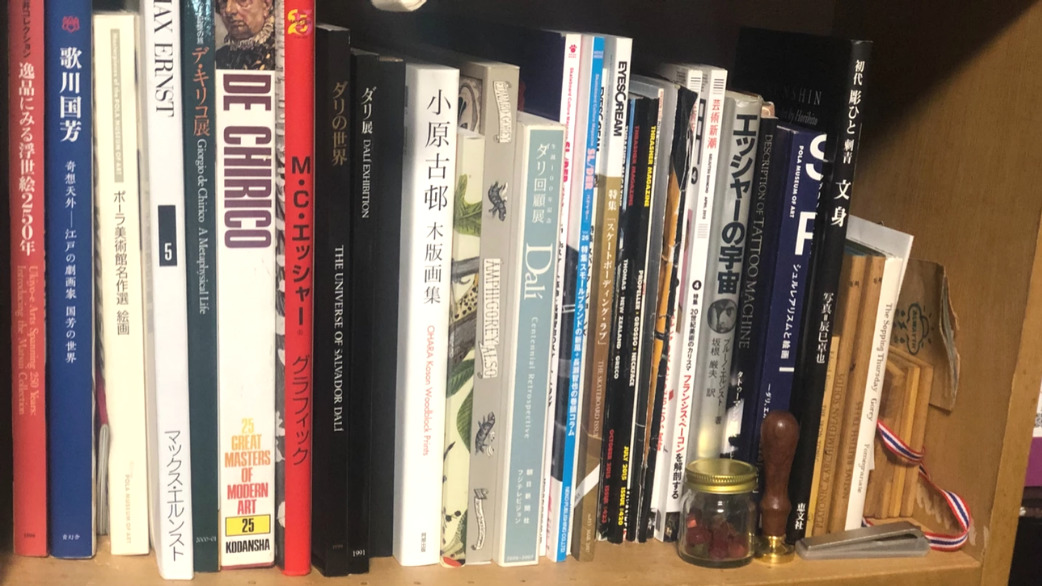 From his bookshelf, you can see his wide range of inspiration.
From his bookshelf, you can see his wide range of inspiration.

His style is very unique with inspiration from various different art styles including Western and Japanese art. We discussed how having a tattoo is now a modern way of owning a unique and original piece of art, and that tattoo art is becoming more and more respected around the world as a legitimate art form.

Conclusion

For me, having a tattoo is simply being a fan of art. At the end of the day, that is what tattoos are, art. I am hopeful seeing that the view of tattoos in Japan is changing especially in the younger generations, and I hope that moving into the future more people in Japan can feel free to be themselves and have the freedom to, if they want to, have a tattoo without being judged.
 ______________________
______________________
Special thanks for Fumiya, Meya, Minako, and Anda for helping me put this article together, I could not have done it without you!
=====

いかがでしたが?
「なんとなくおおよその意味を掴みながら読めた!」というあなた。お疲れ様でした!
タトゥーとともに日本で生活している人のリアルな声を聞いて、新しい発見もあったのではないでしょうか?
なかなか最後まで読むことができない…難しかったというあなた!
LanCul英会話では、リーディングにも役立つ学習動画を取り扱っています。
リーディングのほか、ライティング、マインドセット、コミュニケーションなど教科書では学ぶことの出来ない、日常的でより実践的な多様な会話を学ぶことができます。
気になる方は下のプレビュー動画をチェックしてみてくださいね。
*ランカル英会話の公式アプリなら100本以上の学習動画が見放題。すべての冒頭部分は会員登録しなくてもアプリで視聴できるのでよかったらアプリから見てくださいね。
エピソード記憶<プレビュー>
LanCul英会話とは…?
LanCul英会話は、英語上達のインプット・実践知が学べる「オンライン動画学習」をお届けしています。
「オンライン動画学習」は、1本3分から、スキマ時間に実践知が学べて、かかる費用は月々参考書1冊分程度。
アプリでは動画学習のほかカフェとオンラインで気軽に英語のアウトプットができる日本No.1「英会話カフェ」にも参加できます。
今ならすべての学習動画が見放題の無料体験を実施中!
